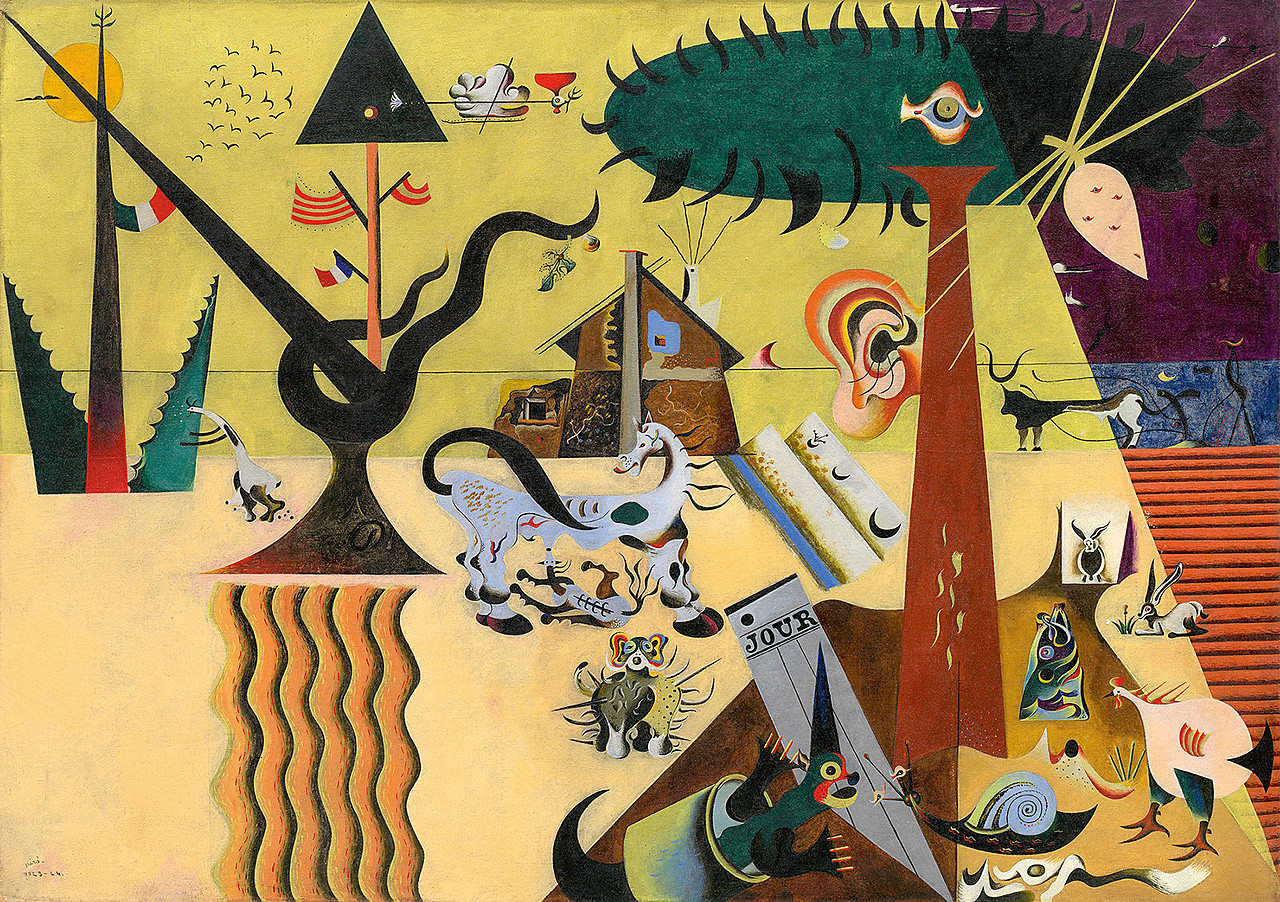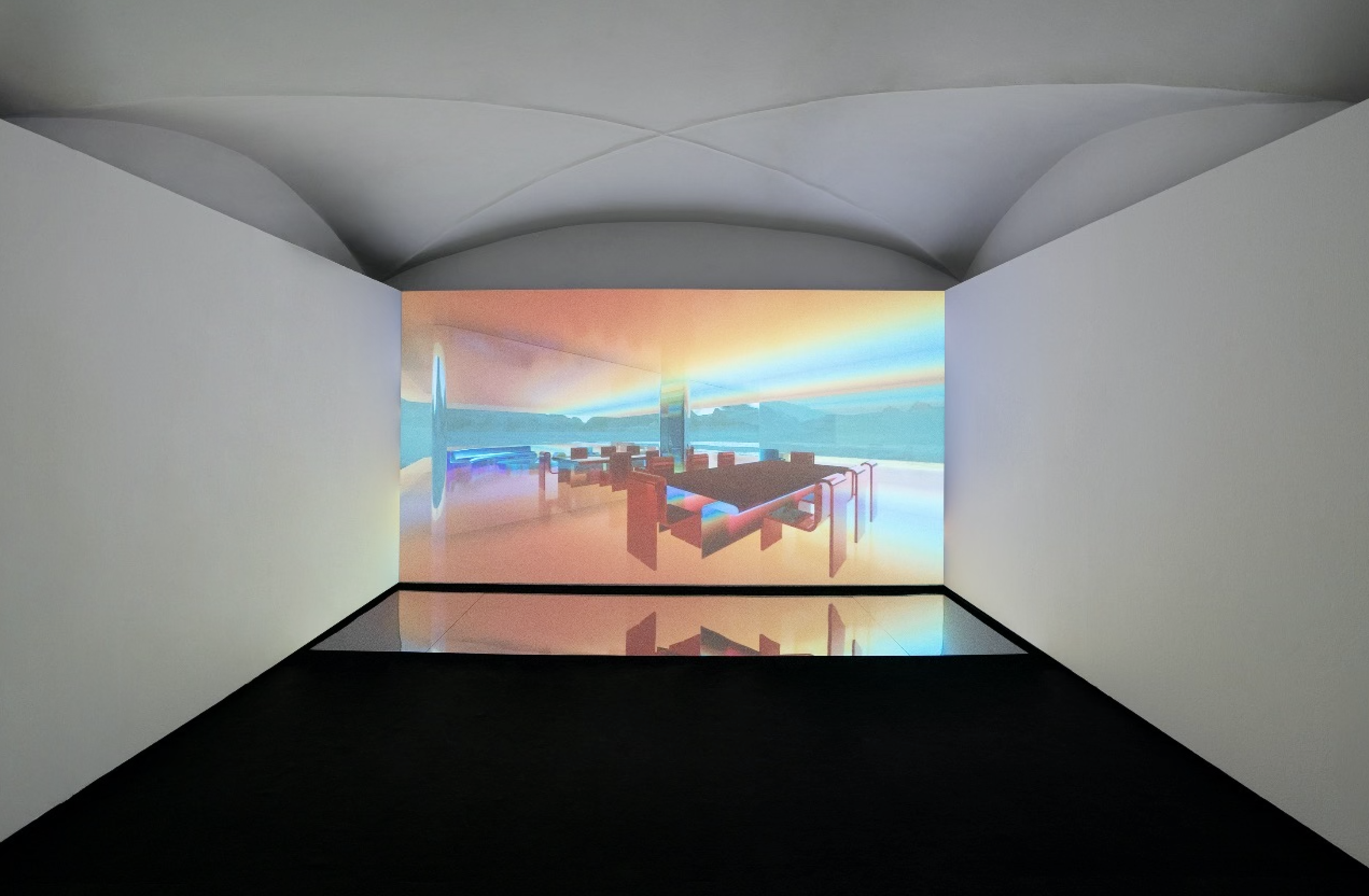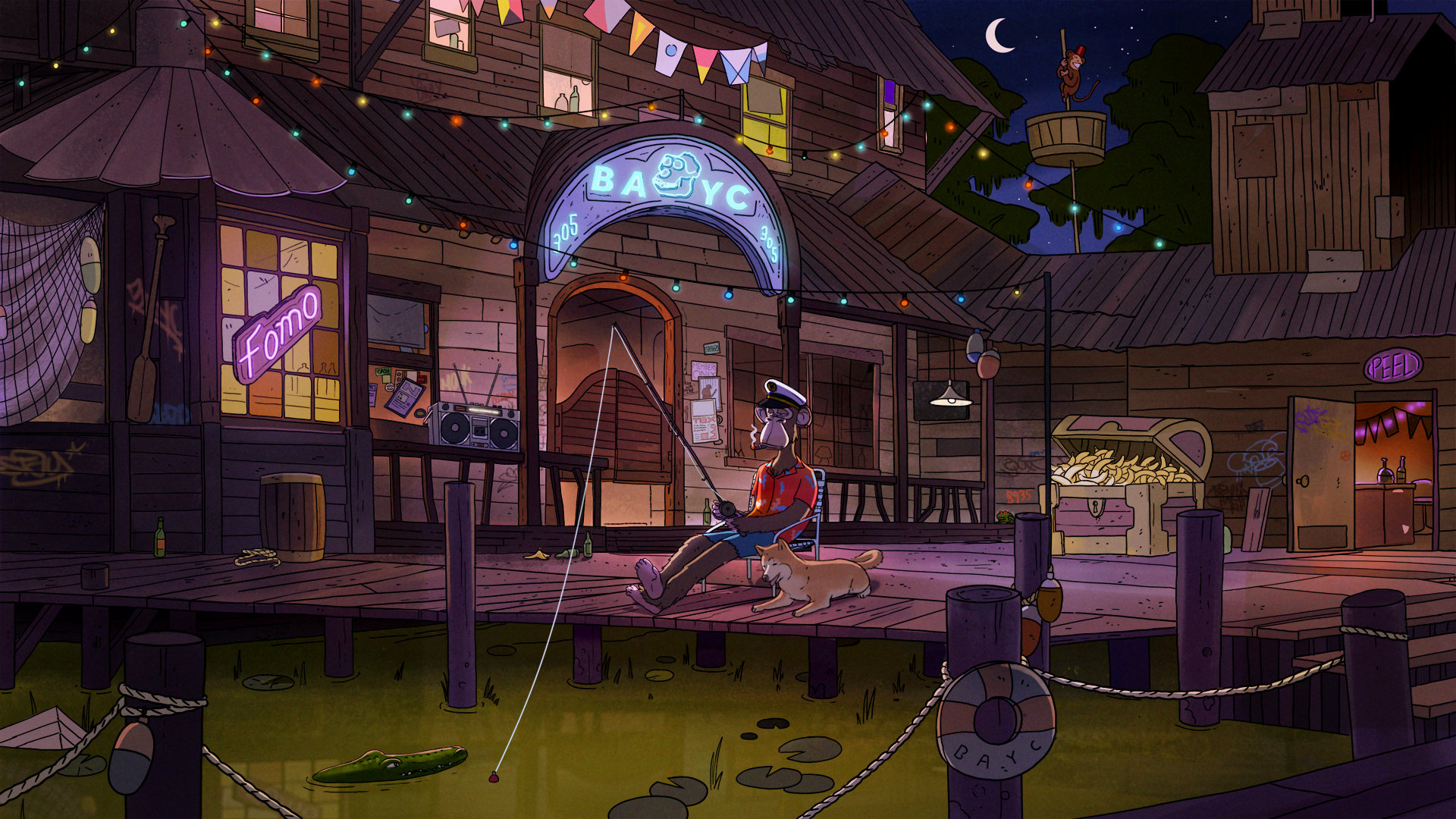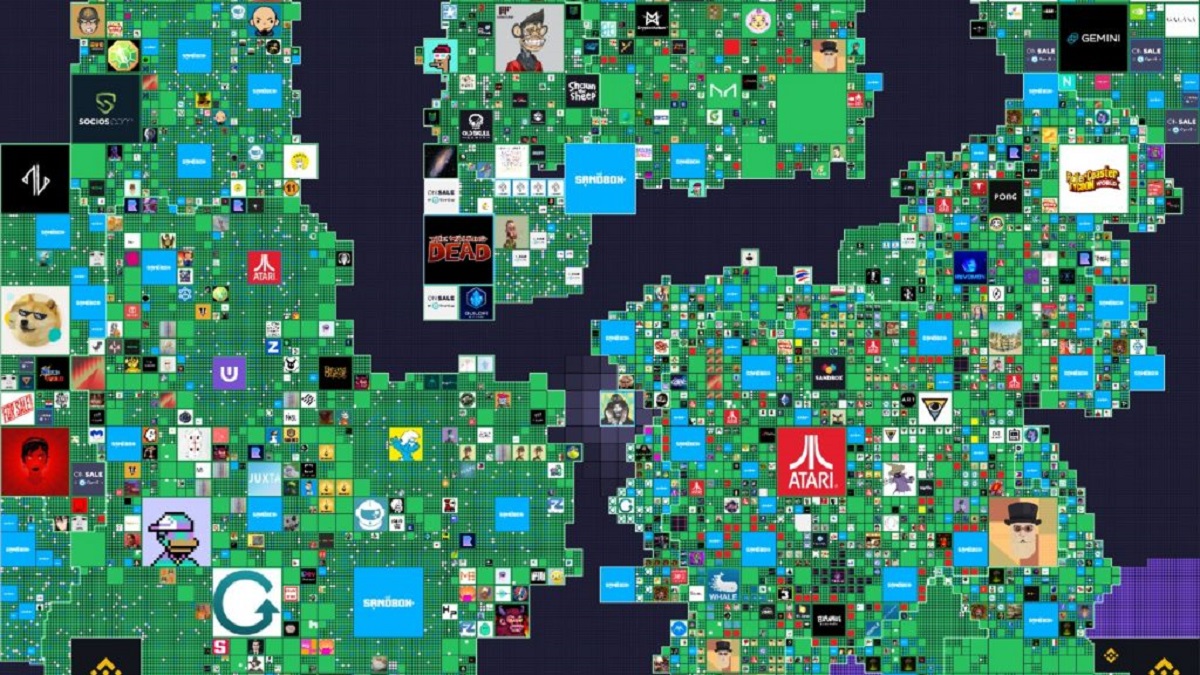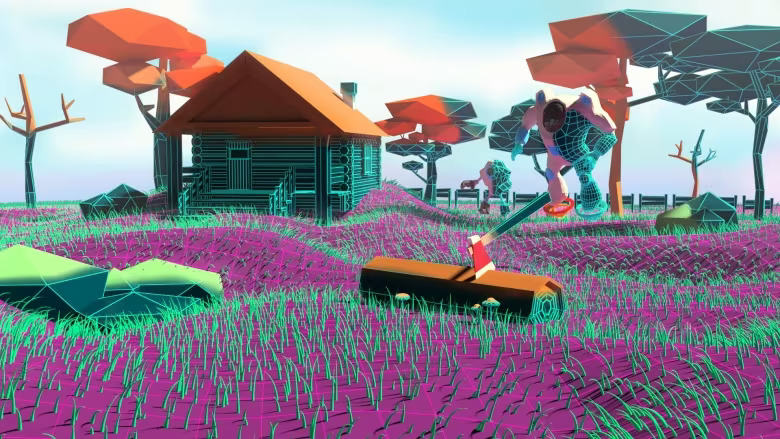Artificial Intelligence (AI) is playing a pivotal role in the rapid expansion of the metaverse, a virtual reality space where users can interact with each other and the digital environs. The metaverse is experiencing unprecedented growth, fueled by advancements in AI, immersive technologies, and connectivity. Within this virtual realm, individuals can own digital assets such as real estate, clothing collections, sought-after designer items, and even entire businesses.
Blockchain technology is often employed to establish ownership and ensure the scarcity and authenticity of these virtual possessions. The metaverse is evolving into a dynamic ecosystem where AI-driven experiences and interactions create a seamless blend of the physical and digital worlds. As more people engage with the metaverse, the concept of ownership within this space is redefining traditional notions and opening up new possibilities for creativity, commerce, and social interaction.
People are now taking ownership in the metaverse to another realm by purchasing and “owning” virtual real estate spaces. Virtual real estate refers to digital spaces within the metaverse that users can own and develop, mirroring the concept of physical real estate in the tangible world. These spaces vary widely, ranging from virtual homes and offices to entire virtual landscapes. Simply put, as these virtual spaces burgeon in monetary value and creativity, the concept of owning them mirrors our physical world’s real estate dynamics.
Mars House (NFT House) by Krista Kim
Super-Rare Platform
Decentraland is a blockchain-based virtual world where users can buy, sell, and develop parcels of land using cryptocurrency. Another space is Somnium Space, a virtual reality platform that enables users to own and build on virtual land. The acquisition of virtual real estate typically involves blockchain-based transactions, ensuring transparency and security in ownership records.
In addition to Decentraland and Somnium Space, various other platforms offer virtual real estate opportunities, each with its unique features and experiences. Cryptovoxels is another notable example, where users can buy, build, and monetise virtual spaces using Ethereum. The Sandbox, a virtual world and gaming platform, allows users to purchase and develop virtual lands using its native cryptocurrency, SAND. These platforms often leverage blockchain technology to establish verifiable ownership and enable decentralised transactions.
Pixelated land encircles the precincts of the Bored Ape Yacht Club, a vibrant NFT community, with a proximal plot claimed by Adidas. This area is now dubbed Sandbox Hill Road, a playful homage to Silicon Valley’s renowned Sand Hill Road and The Sandbox after the platform hosting this unique “land.” The value of these parcels has surged nearly tenfold, potentially translating into holdings worth millions of dollars.
Navigating The Sandbox on a web browser currently reveals a flat map adorned with brand logos sprawled across land-shaped masses composed of vibrant pixels. Each pixel, or plot, represents real money property—a rarity in the online realm where scarcity is often considered a virtual illusion, yet in these digital worlds, it is a tangible reality. On Cryptovoxels, the atmosphere leans towards an early-stage video game, inhabited by featureless mannequins that occasionally take flight. Clicking on a billboard unveils details about the NFT artwork and artist, complete with a link to OpenSea, the prominent NFT marketplace.
(L-R) Bored Ape Yacht Club-Land; The Sandbox realm
The advantages of owning virtual real estate extends beyond mere digital ownership. One key advantage is the potential for monetisation. Virtual landowners can host events, and exhibitions, or even rent out their spaces for virtual businesses, entertainment, or advertising. The metaverse provides a new frontier for creativity, collaboration, and commerce.
Somewhat mirroring social media, virtual real estate can serve as a social hub. Users can build and customise their virtual spaces, creating unique environments for socialising, networking, and hosting events. In some platforms, owning strategically located virtual land can increase visibility and foot traffic, fostering a sense of community and enhancing the overall experience for both the landowner and visitors.
Decentraland: Virtual city the size of Washington D.C.
Investing in virtual real estate has become a topic of interest for some, as the metaverse gains prominence. The value of virtual properties can be appreciated based on factors such as location within the virtual world, development potential, and community engagement. However, the market is still relatively nascent, and the potential for returns is accompanied by risks and uncertainties. The volatile nature of the metaverse and the evolving regulatory landscape contribute to the debate about the long-term viability of virtual real estate as an investment.
The ambience of many of these real-estates, namely Cryptovoxels, resembles an incipient video game, with animated, albeit featureless, figures occasionally soaring through the digital landscape. As we mirror reality into the virtual world, this digital landscape has a similar allure to that of simulated realities like The Sims but has now transcended the boundaries of the computer screen into the immersive realm of virtual reality and ownership.
Words by Esha Aphale.
Image courtesy Joan Miro, Krista Kim, Bored Ape-Startup, The Sandbox, and Decentraland.
